This Could Be the Electric Vehicle That Finally Dethrones Tesla
The Faraday Future FF 91 packs 1,050 horsepower and a 2.4 second 0-60 time.

We’ve all learned from hard experience that if something seems too good to be true, it probably is. With that in mind, and considering the rumors swirling around about the company’s finances, Faraday Future rolled out its long-awaited first model, the FF 91.
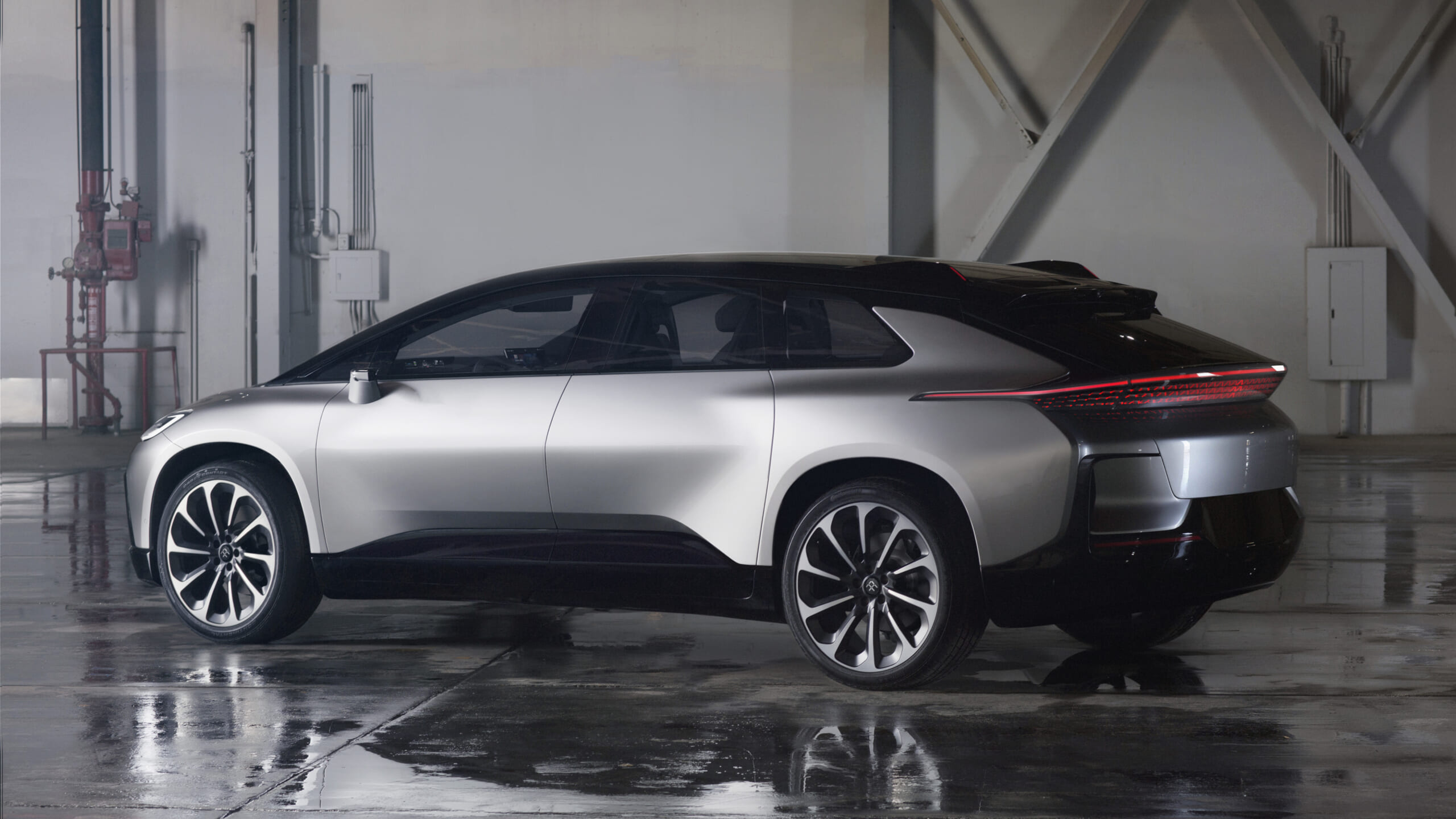
This sleek crossover looks the part of a challenger to Tesla’s Model X, but the promised specifications are nothing short of astonishing. Faraday says the FF 91’s multiple electric motors will produce 1,050 horsepower and accelerate the vehicle to 60 mph in 2.39 seconds.
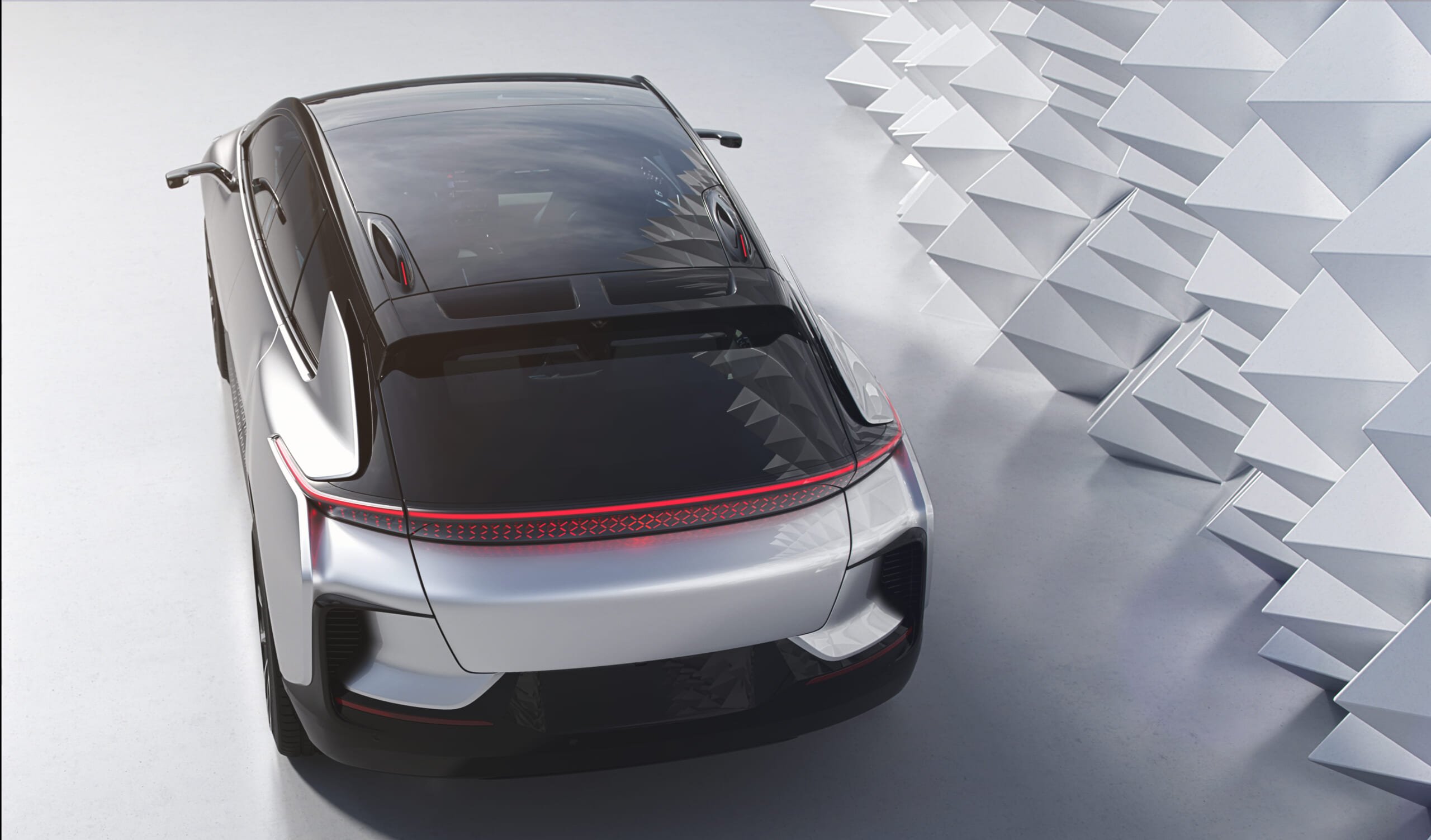
Meanwhile, its mammoth 130 kilowatt-hour lithium-ion battery pack stores enough energy to drive 378 miles on a charge. Tesla’s largest current battery is 100 kWh, but by Faraday’s 2018 target date the incumbent is sure to increase that.
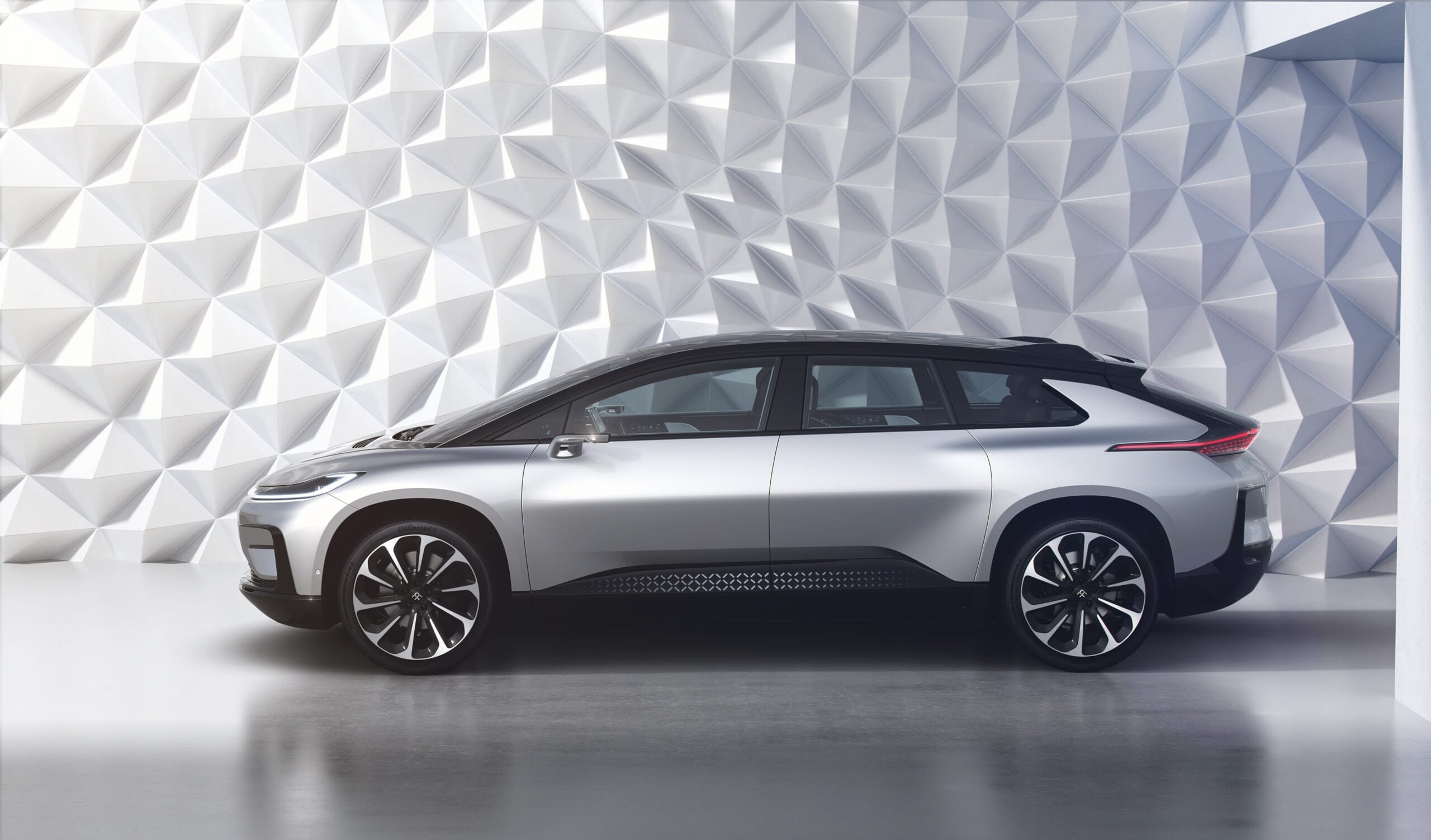
Cool new tech includes an iris scanner that lets the driver unlock the FF 91 just by looking at it. Thanks to a lidar sensor, 10 cameras, 13 radars, and 12 ultrasonic sensors, the FF 91 is supposed to offer driverless valet parking as part of its autonomous driving capability.
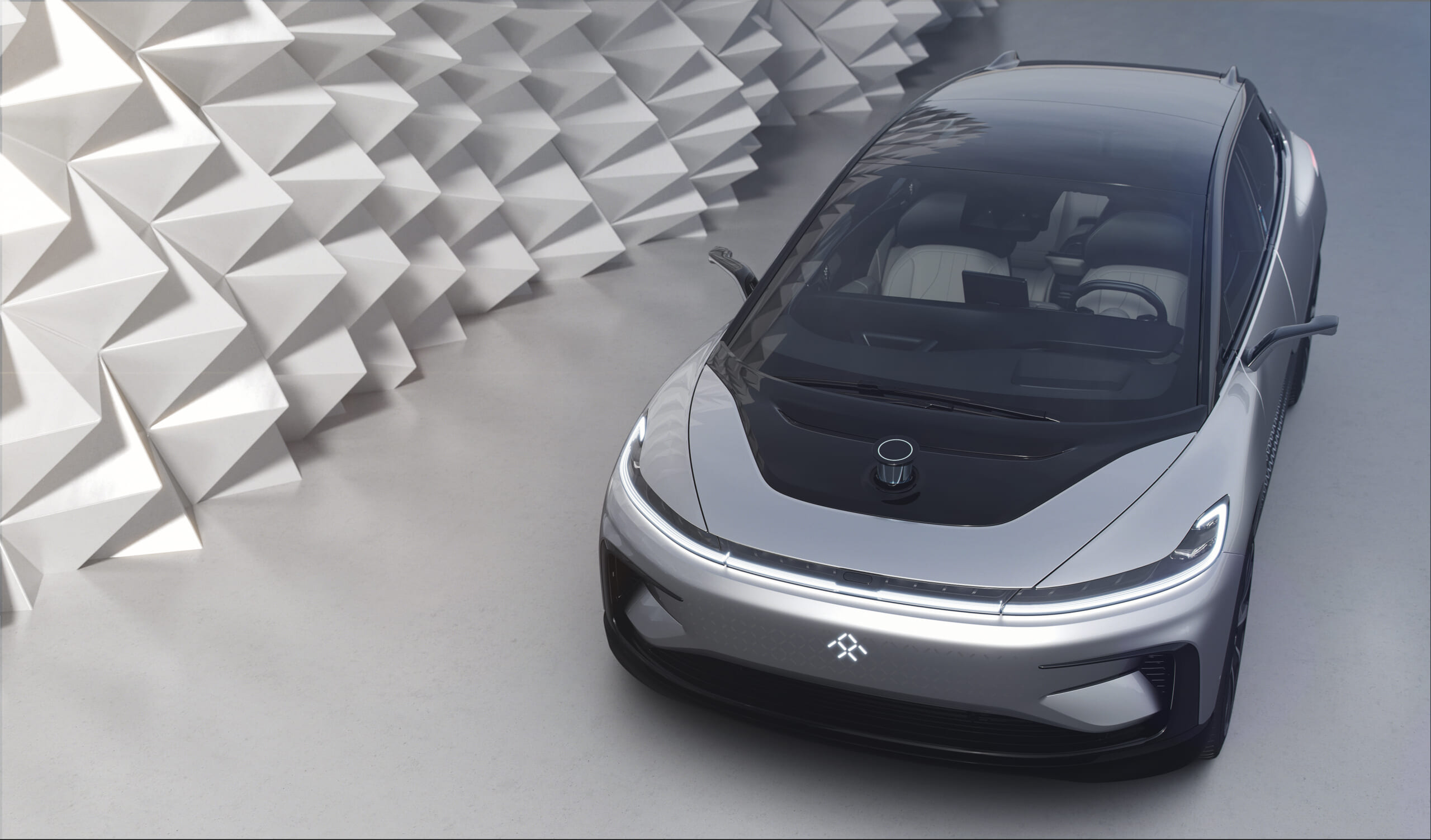
Unfortunately, at the Las Vegas introduction, the prototype failed to park itself, an embarrassment the company blamed on the venue’s steel structure interfering with its sensors. Because there’s never steel in parking garages.
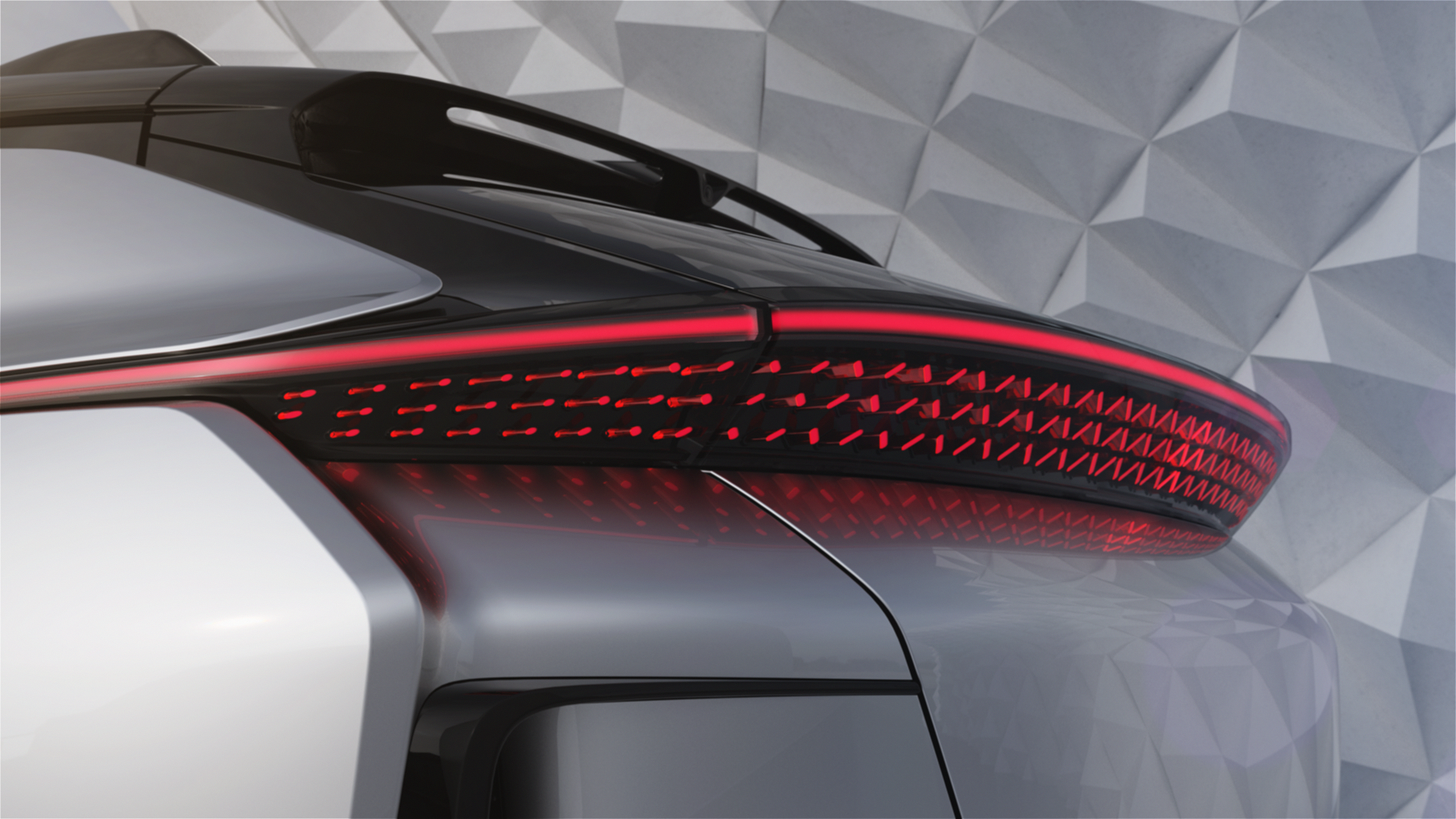
Faraday is offering to accept your $5,000 deposit for a FF 91 that they say they will deliver some time in 2018. No actual price was announced, only that the FF 91 will be comparable to premium luxury sedans, which commonly start at around $100,000. This would put its price on par with that of the Tesla Model X, but with more attractive styling and better performance.
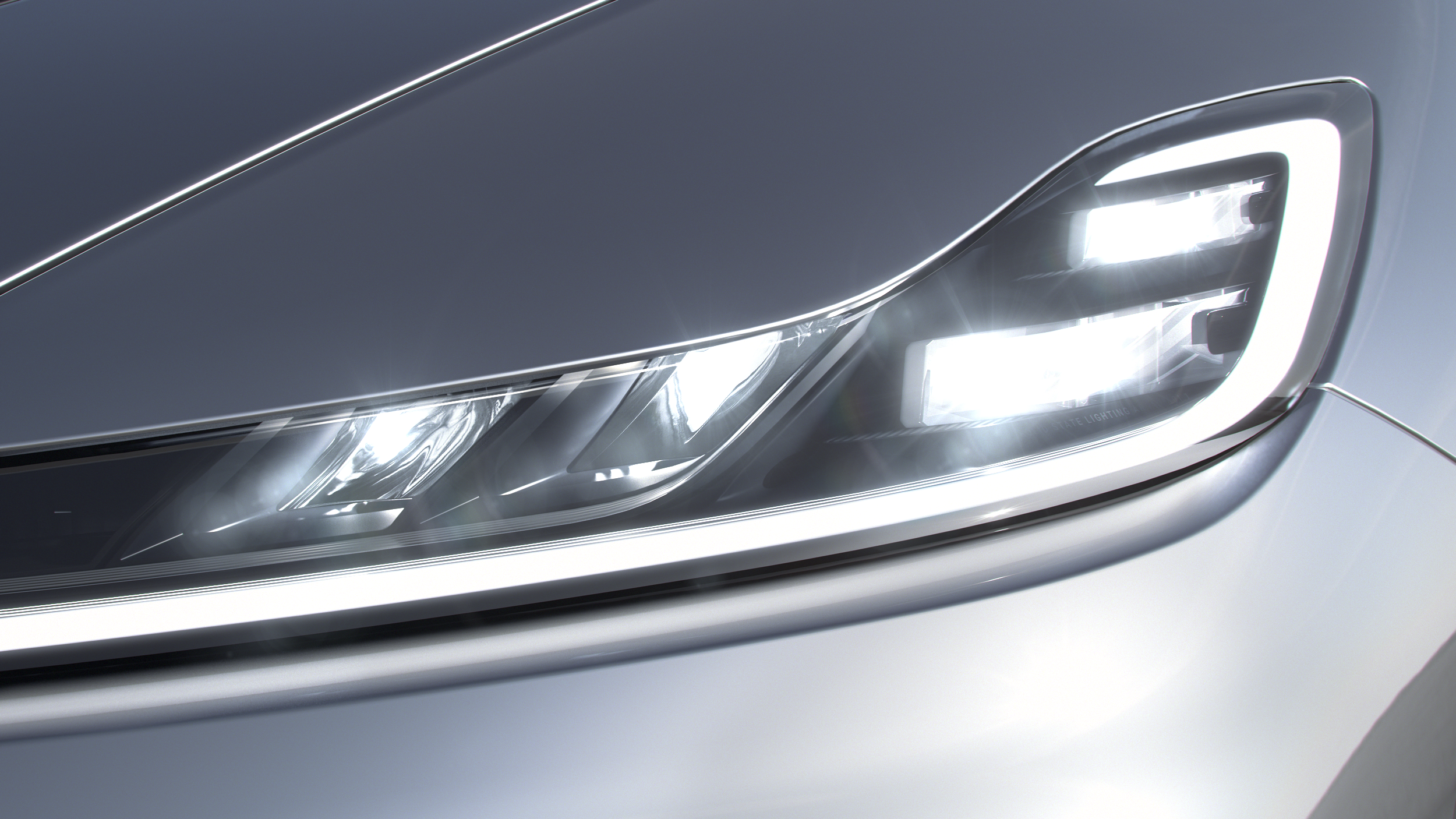
That is, if Faraday’s promises aren’t too good to be true.
